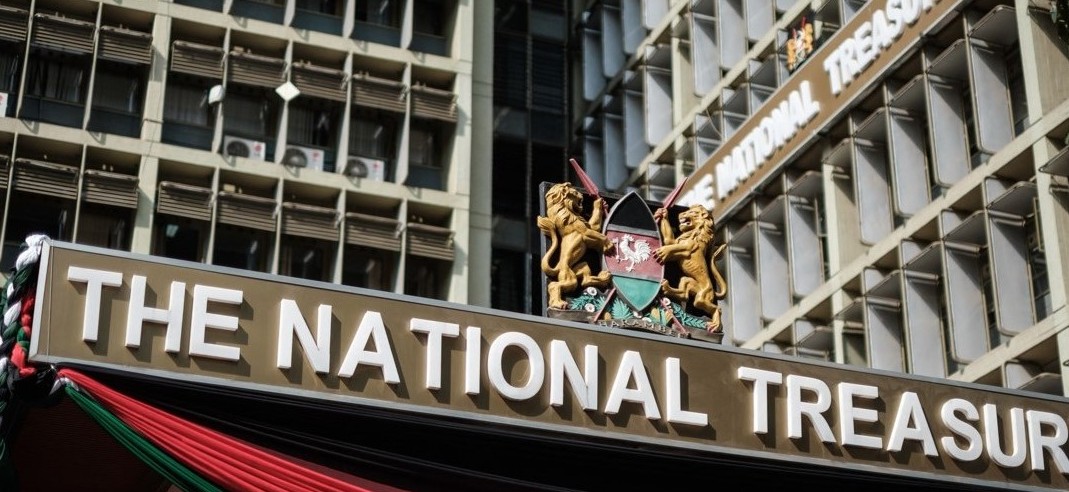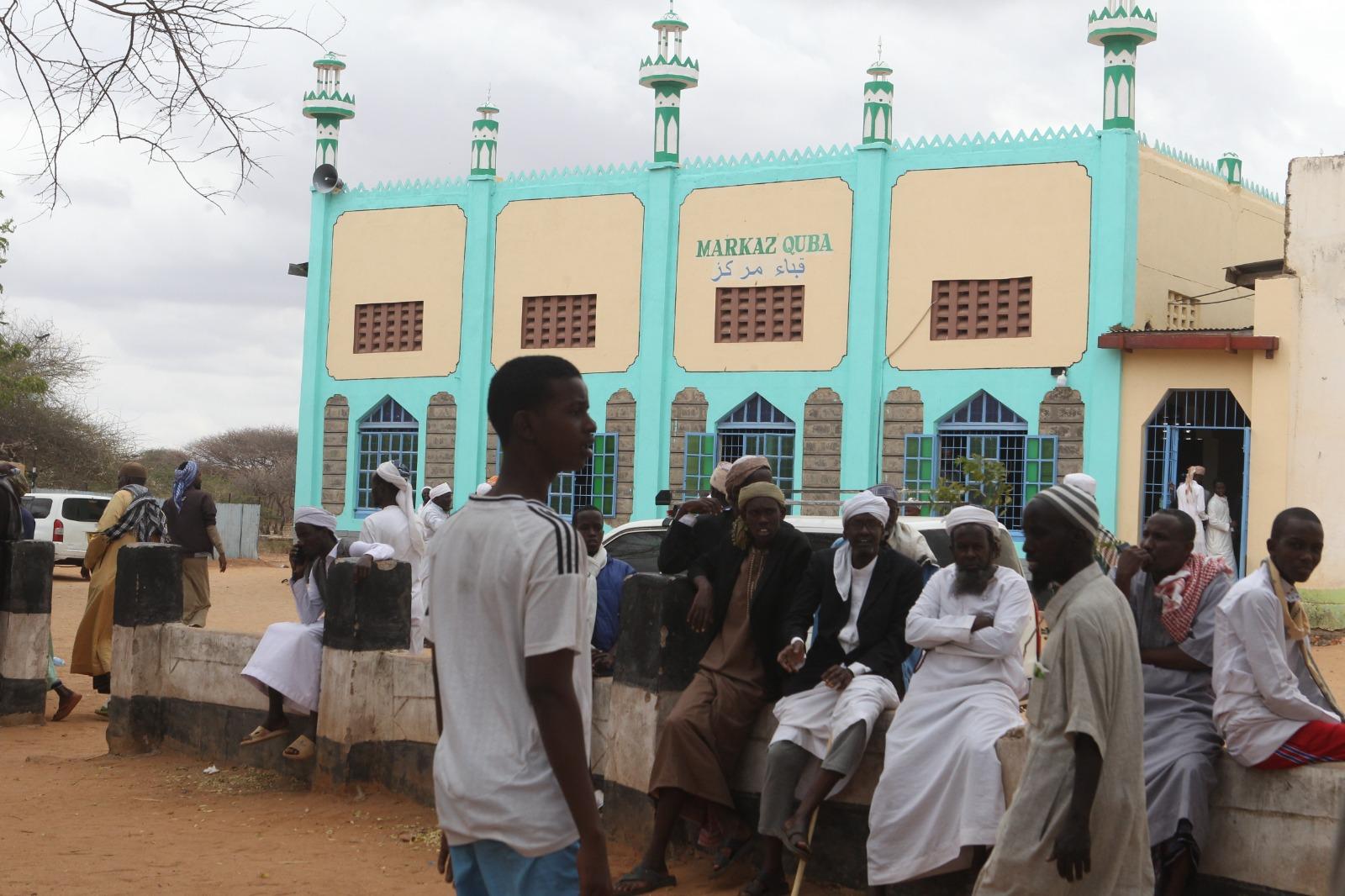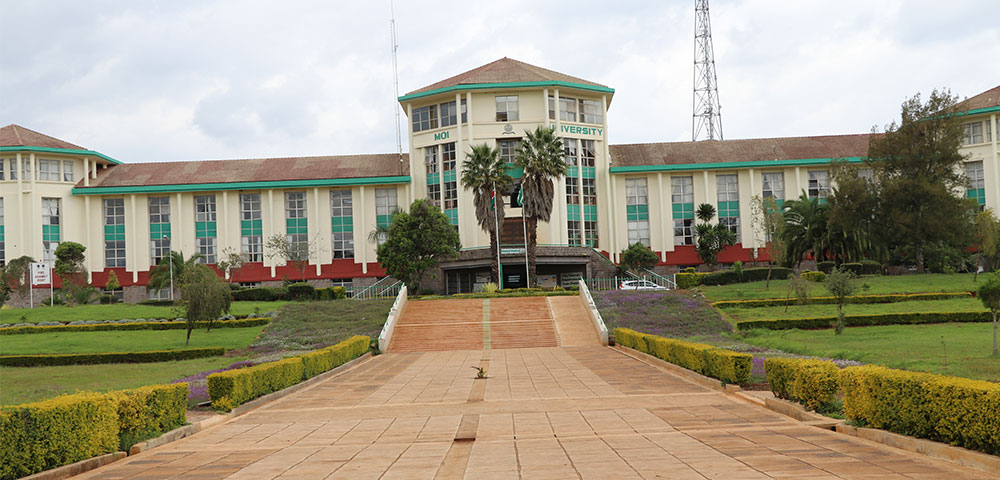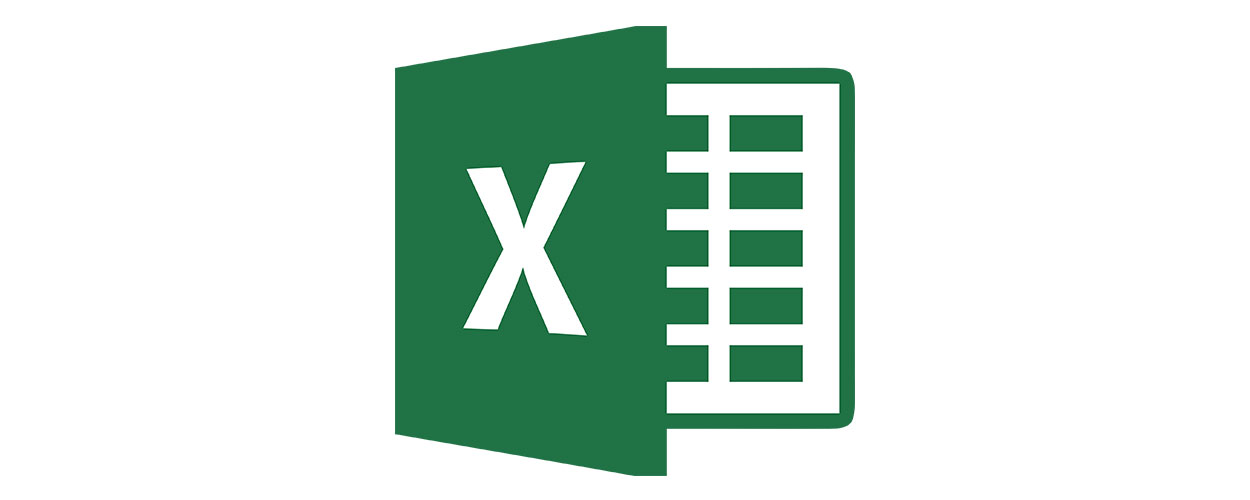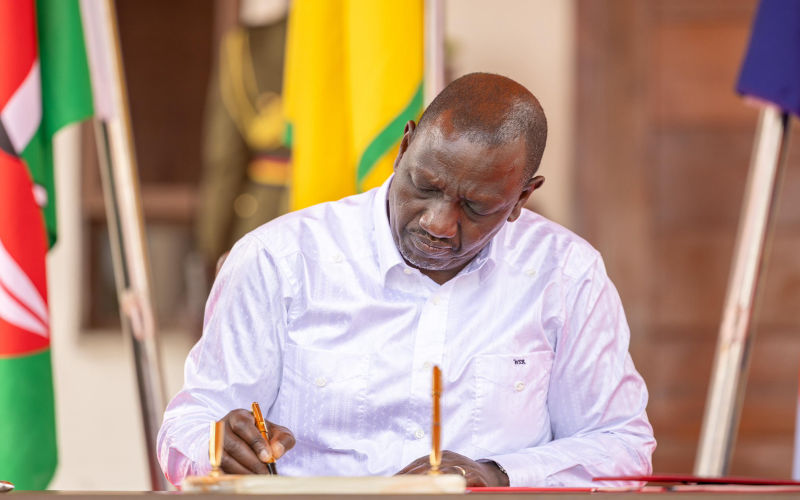Affordable housing beneficiaries should prove payment of levy - budget office

Currently, the only conditions for one to benefit from the programme are being an adult citizen, having a national identity card and KRA PIN, and depositing 10 per cent of the value of the house.
The Parliamentary Budget Office (PBO) has proposed that the government make it mandatory for Kenyans applying to get the State’s affordable houses to contribute to the levy.
Currently, the only conditions for one to benefit from the programme are being an adult citizen, having a national identity card and Kenya Revenue Authority (KRA) PIN, and depositing 10 per cent of the value of the house.
More To Read
- Ruto acknowledges SHA, housing project have damaged his approval ratings
- Kebs on the spot as MPs order withdrawal of disputed levy regulations
- Garissa artisans equipped for housing project roles in youth job creation push
- Two Kwale County officials summoned for disobeying court order on affordable housing projects
- Gachagua unveils 8-point plan to end protests, slams Ruto over housing levy, police brutality
- Kenyan diaspora births surge 15 per cent to 5,694 amid population growth
The PBO says these minimum requirements give freedom to Kenyans who do not pay the levy hence the need to include proof of payment in the eligibility criteria.
“[There is no] requirement of proof of up-to-date contribution to the affordable housing levy [yet this is] essential," the PBO says.
The monthly rate for the project is 1.5 per cent each for employers and workers in the formal workforce, a total of 3 per cent, and 1.5 per cent for persons working in the informal sector.
The office made the recommendation in a report analysing the financial and economic implications of the affordable housing programme. It also observed that the allocation of funds collected favours Kenyans earning more than Sh149,000 yet the programme is meant for low-income earners.
Under the Affordable Housing Bill, of 2023, the government allocated 30 per cent of funds to the construction of units under the social housing projects, targeting persons with monthly incomes below Sh20,000. A similar share will benefit Kenyans earning between Sh20,000 and Sh149,000.
The two categories of persons, however, the PBO observes, constitute 74 per cent of Kenyans in the formal workforce and 80 per cent of workers in the informal workforce, yet the allocation to benefit them is just 60 per cent of the monies collected.
On the other hand, the share of funds to construct houses that will benefit Kenyans earning above Sh149,000 is set at 36 per cent of the collections, which is disproportionately higher than the proportion of 23 per cent to the formal and informal workforce in the country.
Under the social housing project, beneficiaries will pay Sh3,200, Sh4,800 and Sh6,400 for one-bedroom, two-bedroom and three-bedroom units monthly, respectively.
For houses classified under affordable housing, designed for persons earning between Sh20,000 and Sh149,000 monthly, beneficiaries will pay Sh5,200 for a one-bedroom monthly, Sh10,400 for two-bedroom and Sh15,600 for three-bedroom houses.
Beneficiaries of houses designed for Kenyans earning above Sh149,000 will pay Sh31,300 and Sh41,800 monthly, to own two-bedroom and three-bedroom units.
The cheapest house under the programme costs Sh840,000 and the most expensive Sh5.76 million.
Top Stories Today
- Absa launches women-only Islamic bank account to spur financial inclusion
- Nigeria to impose retaliatory visa rules in response to US social media requirement
- Murang’a Seal FC parts ways with head coach Yusuf Chipo
- NTSA to conduct free school bus inspections in new campaign to curb accidents
- Court suspends Ruto’s anti-corruption taskforce pending hearing of case
- Service delivery at risk as Treasury delays Sh34.6 billion July allocation to counties






